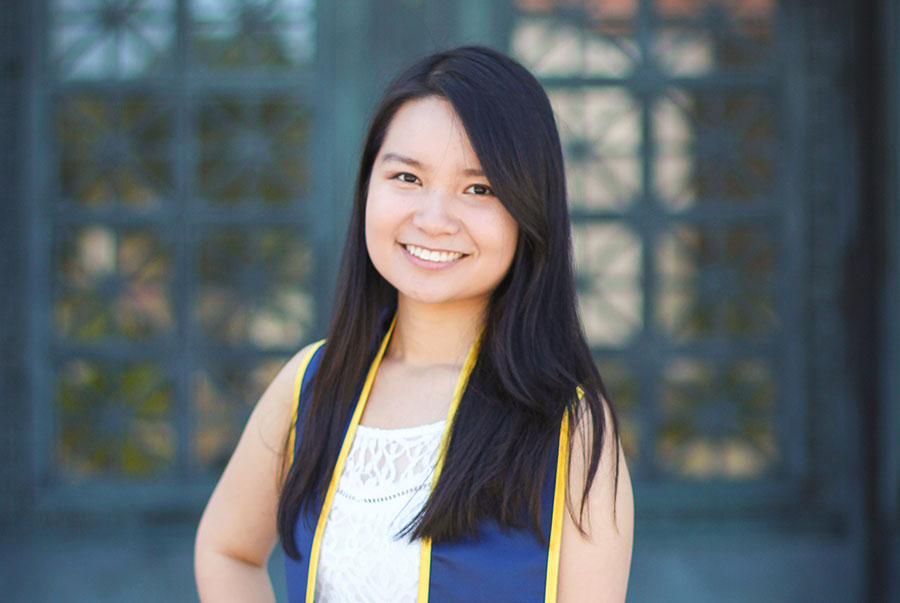Q: Hey Bao, let’s share with us about your family and where you’re from.
I was born in Ho Chi Minh City, Vietnam and lived there until I was ten years old. In 2003, my family immigrated to the United States because my mother wanted to give my older sister and me and better future. We have been residing in Southern California ever since. My mother is an accountant and my sister majored in finance. Most of my relatives live in Vietnam so it is always fun whenever my family goes back to visit because we would have big family gatherings and eat tons of food.
Q: So how was your very first week in the US, when you were just 10 years old?
To be honest, I don’t have a clear memory of it except for the first thing that I said when I stepped out of Los Angeles airport: “The streets are so wide here.” It took me a while to realize– and accept– that the US was my new home because everything felt so foreign. I couldn’t speak English, so I felt very lost and cried a lot at night. I struggled the most with learning a new language and trying to fit in during my first two years of living in the US.
Q: You just graduated. Congratulations! What’s next?
I want to become a physician dedicated to serving disadvantaged communities. My personal struggles as an immigrant piqued my interest in working with communities similar to the one I grew up in. I started out as a medical interpreter for VHIO (Volunteer Health Interpreter Organization), with the mission of bridging language and cultural barriers in health care for underserved communities. Over the years, I got involved with nonprofit, community organizations such as Asian Health Services and Lifelong Medical Care in the San Francisco Bay Area to provide compassionate care to individuals from vulnerable populations and improve community health. The unique volunteering experiences I gained from working with the ethnically and culturally diverse populations of the San Francisco Bay Area played the most influential role in molding my future endeavors. The people I met and the insights I gained about cultural competency, patient advocacy, and community empowerment inspired me to become a physician who can address the diverse needs of underserved communities.
Q: Who or what are you most grateful for?
I am most grateful for my mother. My father passed away before I was born, so my mother bore the burden of supporting our family by herself. Despite many hardships and challenges in our lives, my mother did everything she could to support her daughters’ futures. She taught me to be a confident and strong woman; to fight against traditional, cultural expectations that limit my potential; and to overcome social and economic obstacles with hard work and determination to achieve success. My mother’s sacrifices and strengths were the driving force behind my achievements. I couldn’t be where I am right now without her support so I am very thankful to have her as a role model in my life.
“I want to become a physician dedicated to serving disadvantaged communities.”
